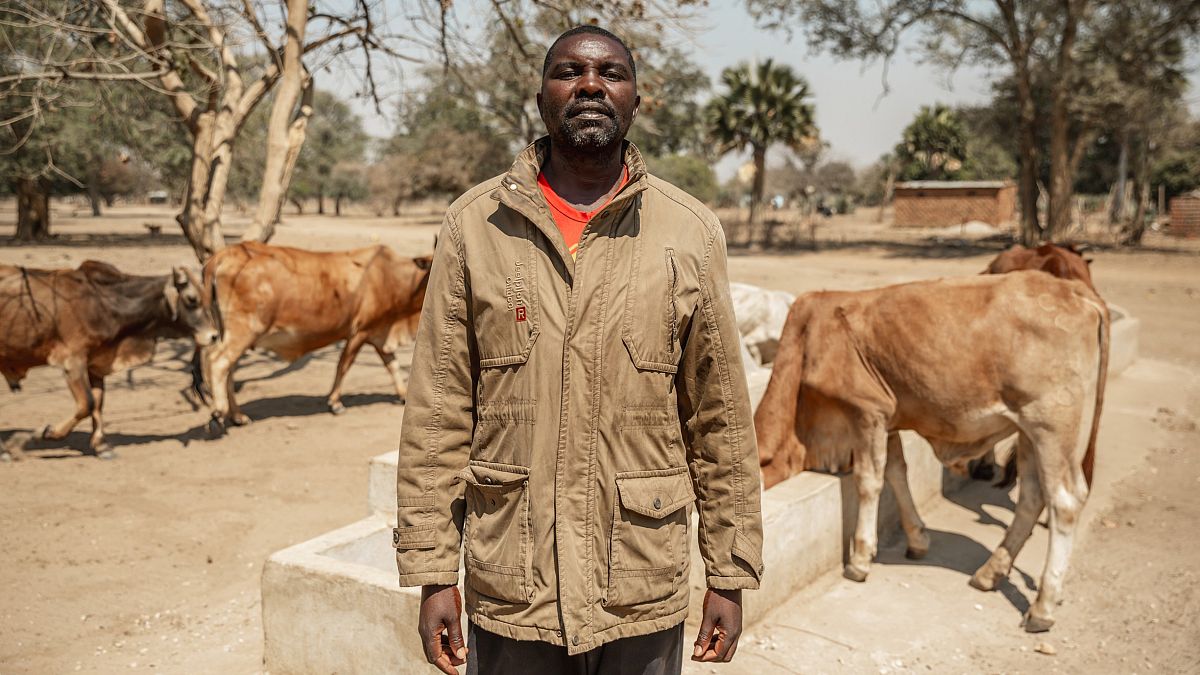Brought by the naturally occurring El Niño weather pattern, the drought has triggered emergency responses in at least five countries.
A prolonged drought in Southern Africa has plunged nations into crisis as they battle with severe water shortages, blackouts and devastated harvests.
Brought by the naturally occurring El Niño weather pattern, the drought has triggered emergency responses in at least five countries, including Zambia and Malawi, as nations anxiously await the rain – due at the end of the year – for potential relief.
According to the Zambezi River Authority Water, water levels have fallen to just under seven per cent of capacity at the Kariba Dam resulting in regular power cuts of up to 20 hours a day in the Zambian capital Lusaka.
The all-important maize harvest is also predicted to be nearly 54 per cent below average this year.
“The dry season is tightening its grip across Southern Africa, putting millions of lives at risk – and water is the key to survival,” WaterAid’s Regional Director, Robert Kampala says.
“Multiple Southern Africa governments have now declared drought emergencies, demonstrating the utter urgency of guaranteeing universal access to clean water, especially as the climate becomes even more unpredictable and extreme.”
One community in Zambia is showing how water towers and well-managed rationing have become a lifeline.
‘Accessing water has always been a struggle’
Andrew Mazuba is a farmer in the Nteme community, south-west of Lusaka.
“I’ve lived in this community for almost 15 years and accessing water has always been a struggle,” he says. “For the past three years, we’ve barely had enough rainfall.”
Mazuba says last season was particularly bad and groundwater levels have dropped due to the drought.
“When clean water isn’t available, it has a severe impact on the community. Health suffers, with outbreaks of waterborne diseases being common,” he adds.
“Without enough water, it’s hard for people to maintain their gardens and food production declines.”
‘Where there is water, there is hope’
Now, however, the community has a glimmer of hope. It has been able to overcome the many challenges posed by the drought by having access to its own clean water supply which it can ration between households and farmers.
The supply is fed by a water tower installed by the charity WaterAid with funding from Armani’s Acqua for Life project.
The community has self-imposed rationing managed by a committee so that water is distributed fairly.
“The community is benefiting in many ways – people have smaller gardens now, and the distances to access water have reduced,” says Mazuba, who is in charge of rationing.
“If this system continues to work as intended, it will help us to continue to combat the effects of the drought.
‘With the new water system, my life has improved’
Having access to water has transformed lives in the community. “For us farmers, the lack of water had a huge impact. We had to provide water for our livestock, which took almost the whole day,” says cattle herder Mugabe.
“During droughts, things were even worse. The animals had to walk long distances, sometimes up to 10km just to find water.
“With the new water system, my life and the lives of many others in the community have improved,” Mugabe adds.
The local care facility has also benefited. Nurse Patness says before the water tower, there were no taps inside or outside so it was difficult to maintain hygiene levels.
“Now, things are different. Mothers now no longer have to go outside to bathe after delivery; they can bathe from within the facility because of the water that is flowing there,” Patness says.
“We now use flushable toilets, which has really improved things. Before, we relied on pit latrines, and that wasn’t ideal, especially for the mothers after they delivered.”
Access to clean water must be prioritised at COP29
WaterAid’s work with local communities spotlights the importance of guaranteeing universal access to clean water as the climate becomes increasingly more unpredictable and extreme.
“World leaders must see this as a wake-up call and put water at the heart of all climate adaptation and financial decision-making at COP29 and beyond – no one can adapt to a world without water,” says Kampala.

